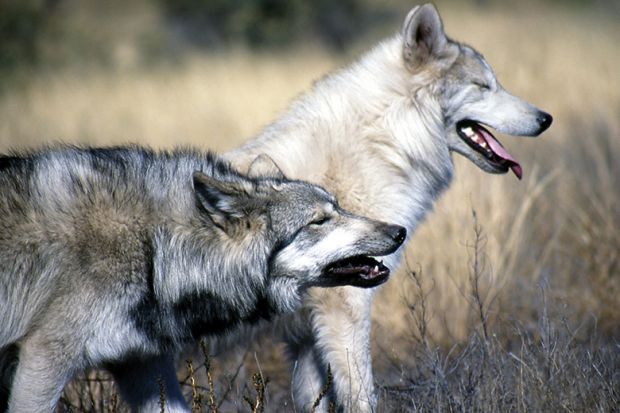The southeasterly gale is feared on England’s East Coast. In November 1905, the sailing barque Erna was driven past Great Yarmouth harbour wall and flung on to the beach, her back broken. As the ship shattered, hundreds of rats scuttled out, plunging into the sea. Some clung on to spars, deck furniture, upturned boxes; most swam ashore in droves: big rats, little rats, old and young rats. A mad rush to the beach, where rescuers stood aside and let them land. In this way, we have introduced animals to islands. Mostly, though, islands have impermeable boundaries. Their ecologies are often unique, determined by size and isolation.
In this clear and cogent book, the late Ilkka Hanski builds on detailed knowledge of many island systems to illustrate key processes relating to the diversity of life. The world over, biodiversity is under threat. Here, a leading ecologist of a generation explores the benefits of biodiversity, rooting this in extensive fieldwork and theoretical insight. Each chapter helpfully finishes with pithy messages, drawing together the key findings and their implications.
An excellent storyteller, Hanski weaves his own life course into chapters on Borneo, Madagascar, Finland, La Gomera (one of the Canary Islands), Greenland. This beautiful book thus addresses biodiversity and our engagement with it. He relates influential moments in his past, as a child inspired to collect butterflies and moths, then receiving the supportive reply of a scientific expert. Two lessons: get children outdoors to experience nature early, at the very least, and experts – do respond to these enquiries. You never know who might be inspired.
Hanski writes about gardens, of the tropics and temperates, noting these are often island habitats too, showing how his wild garden in Finland supported hundreds of plant and insect species where most would have just a lawn. His close expertise was of one type of beetle, vital recyclers yet often not in view. The dung beetle is active and highly diverse: one elephant dung pile just 24 hours old was found to have 7,000 beetles from 120 species. There are some 400,000 species of beetles worldwide: if there was a god, J. B. S. Haldane famously concluded, he had an inordinate fondness for beetles.
Every species matters and interventions can be revealing. Taking the wolf away from boreal forests results in a spike in deer ked flies, a major nuisance for people outdoors. Put the wolf back, moose numbers are controlled, and these ked parasites of moose fall in number. The chance of meeting a wolf is rare, the chance of biting flies meeting you is high. The wolf return is a good story for ecosystems. But there are sadly too few: the current rate of species extinctions is roughly 1,000 times higher than background, meaning that 1 to 5 per cent of all current species will cease to exist in 100 years. The double trouble is that the rate is increasing: we could lose 10 to 30 per cent of all species by 2100. The future poses great risks for humans, Hanski writes drily. John Muir observed that every tree calls for special admiration; Ronald Reagan, in contrast, insisted that if you’ve seen one redwood, you’ve seen them all. Hanski shows that our attitudes, behaviours and policies matter for biodiversity. They matter too for one blue-green island with impermeable boundaries: it is in deep, dark space on the outside arm of the Milky Way galaxy.
Jules Pretty is professor of environment and society, University of Essex, and author of The East Country: Almanac Tales of Valley and Shore (in press).
Messages from Islands: A Global Biodiversity Tour
By Ilkka Hanski
University of Chicago Press, £70.00 and £23.00
ISBN 9780226406305 and 6442
Published 5 December 2016
POSTSCRIPT:
Print headline: No longer in splendid isolation
Register to continue
Why register?
- Registration is free and only takes a moment
- Once registered, you can read 3 articles a month
- Sign up for our newsletter
Subscribe
Or subscribe for unlimited access to:
- Unlimited access to news, views, insights & reviews
- Digital editions
- Digital access to THE’s university and college rankings analysis
Already registered or a current subscriber?




